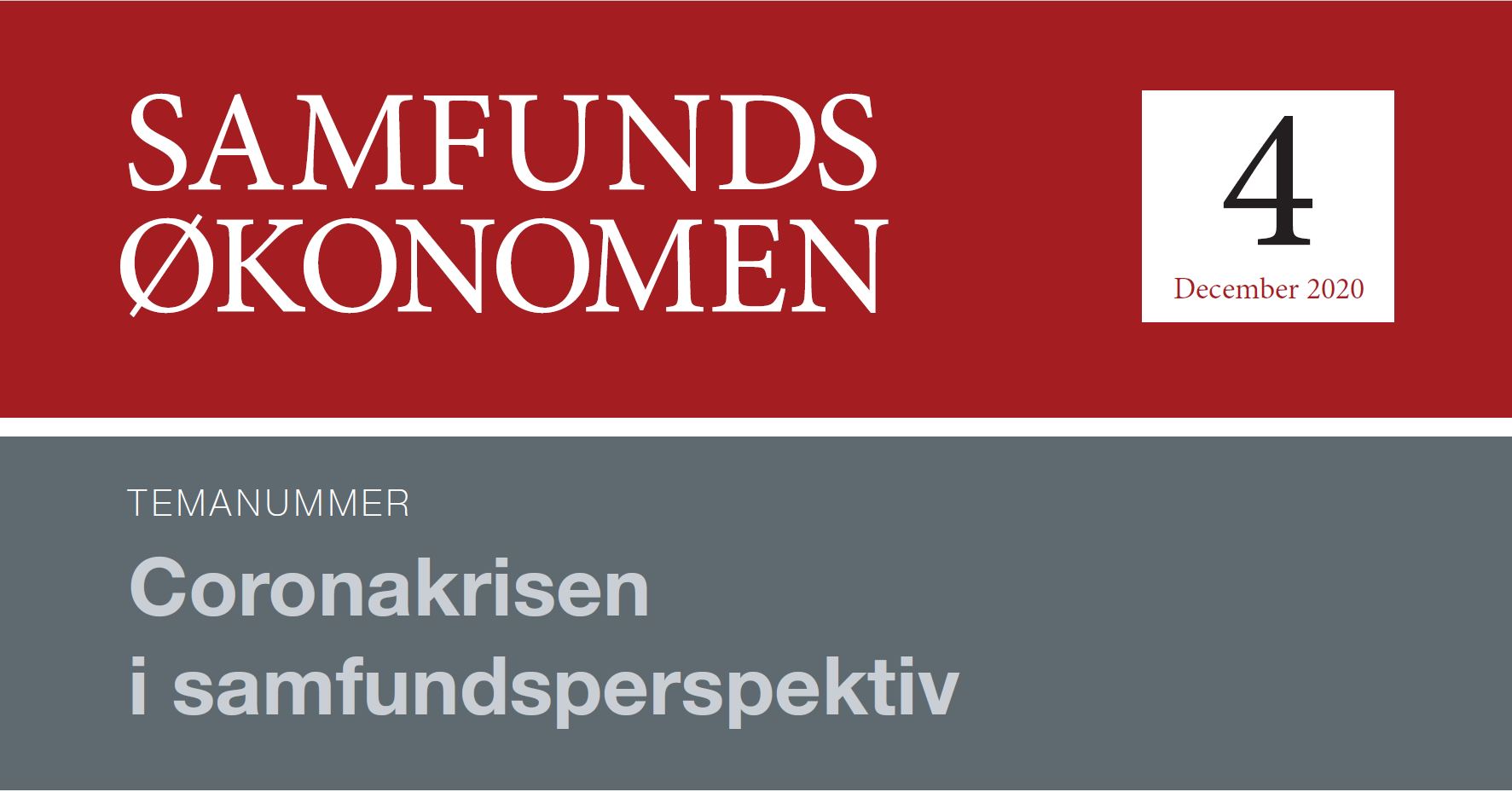Emergency Keynesianism 2.0: The political economy of fiscal policy in Europe during the Corona Crisis
DOI:
https://doi.org/10.7146/samfundsokonomen.v0i4.123557Nøgleord:
Samfundsøkonomen, corona, coronakrise, political, economyResumé
Fiscal policy is the sum of decisions on taxation and spending that one takes in an economy, particularly in times of crisis. As such, it is of existential importance in the life of a society. Known for its recent waves of spending cuts and tax increases (austerity) during recessions (Blyth, 2013), 2020 Europe has had a more expansionary fiscal policy than ever before. How do we make sense of this shift? To answer this question, let us draw on select insights from three political economy literatures on fiscal crisis management. The first is the literature on learning. For its proponents, changes in fiscal policy are powered by evidence-based, yet politically mediated cognitive updating in the corridors of power. Plainly put, policymakers are keen students of what changes in their environment. This literature has showed that a great deal of learning took place in the EU since 2010 in particular (Schmidt, 2020; Kahkhaji and Radaelli, 2017; Dunlop and Radaelli, 2019). Its main implication for fiscal policy under corona is that between 2010 and 2015 the EU leaders learned about the limits of austerity and the virtues of more spending and tax cuts in a recession. Consequently, one would expect that when a deep recession arrives again (and it did in the spring of 2020), they would not be tempted to do a rerun of the self-defeating policies of the 2010-2012 period. As Keynes put it, “when the facts change, I change my mind.”
Downloads
Publiceret
Citation/Eksport
Nummer
Sektion
Licens
*Tidsskriftet Samfundsøkonomen er et open access tidsskrift, og alle artikler udgivet af Samfundsøkonomen er licenseret under en Creative Commons Navngivelse-IkkeKommerciel-IngenBearbejdelse 4.0 International Licens, CC BY-NC-ND.

